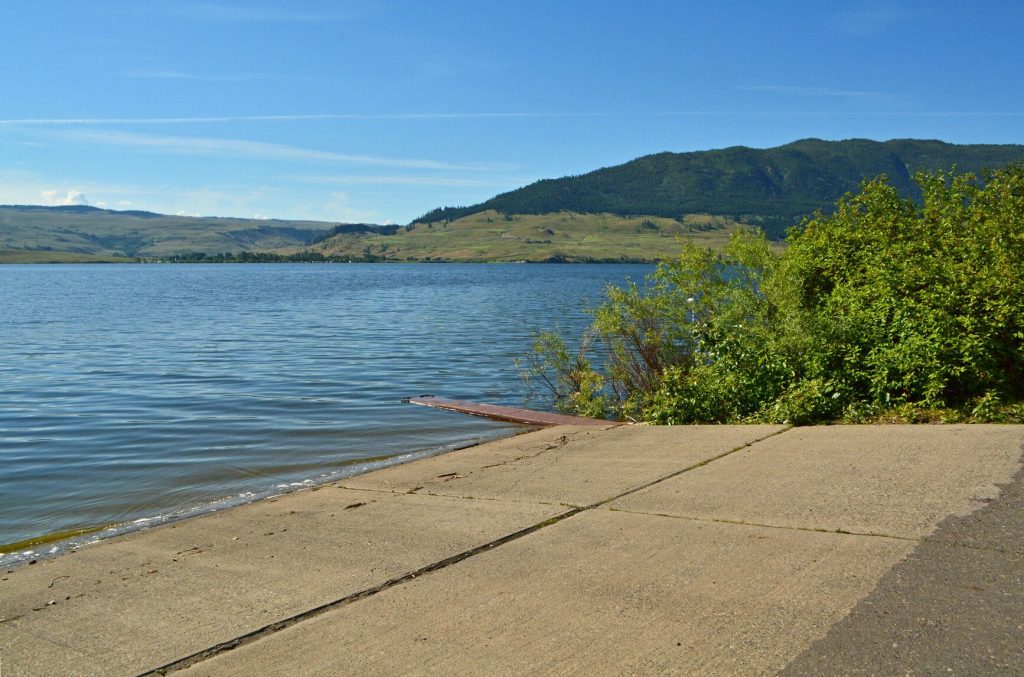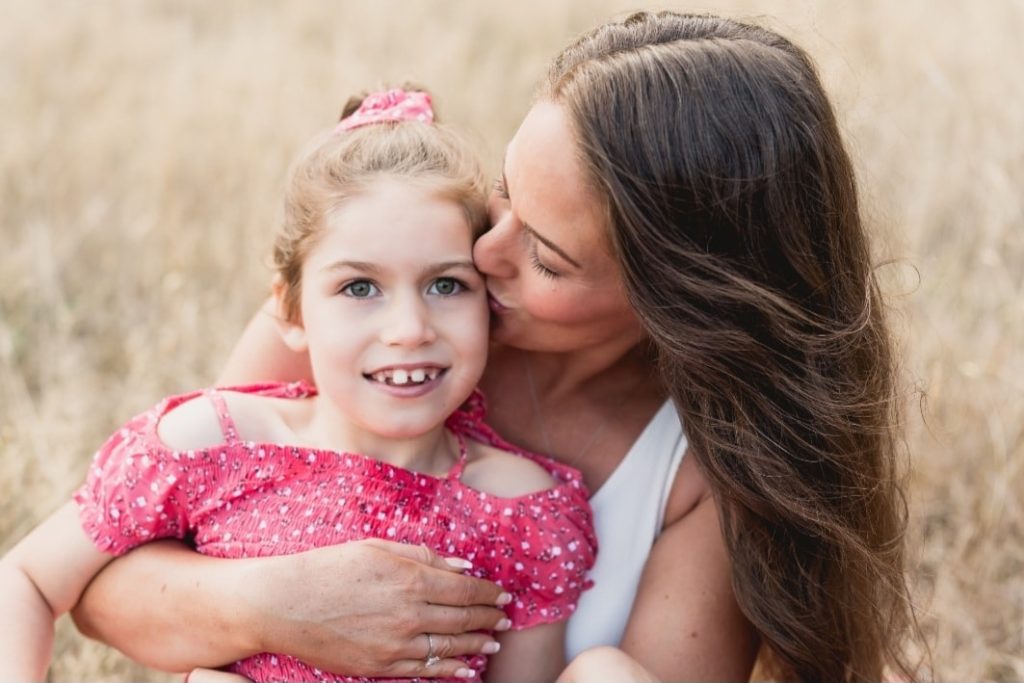A director for the Thompson-Nicola Regional District is criticizing the province’s handling of toxic algae in Nicola Lake, which has killed and sickened a number of animals.
David Laird says cyanobacteria, otherwise known as blue-green algae, have become a serious issue at the lake. But despite growing concerns, Laird says there has been little action from the province.
“So far, we haven’t been able to get the provincial government to come and do complete regular testing of what the nutrients are, where they’re from, and how we can start controlling it,” said Laird.
According to the province, cyanobacteria are common in freshwater ecosystems across B.C., but when they bloom, several species are capable of producing toxins that can be harmful to humans, domestic animals, and livestock.
“We’ve been fortunate enough that a child hasn’t been playing in the lake at Monck Park, where they have a nice beach and drank some of the water, and got sick.”
Laird says after reaching out to the Ministry of Environment and Parks, they were told it was the regional district’s responsibility to put algae signage at the lake. Laird denies this.
“It’s not our jurisdiction,” said Laird. “We can’t print a sign, we have no idea what’s in the lake, we have no records of anything that goes on, and it’s not part of our job to do that.”
Laird says about 100 campers visit Monck Park every weekend and feels like the community is being left out of the conversation. He has since formed a group called “The Friends of the Nicola Lake” society to give the province a chance to talk to local politicians on the matter.
A Langley couple says their three-and-a-half-year-old Rottweiler had to be put down after getting sick while at Nicola Lake.
Susan and Earl Beugelink say that on June 30th, while their family was visiting a cabin at the lake, their dog Georgia began heavily drooling after playing in the water.
“We started phoning vets in Merritt. The vet in Merritt told us we needed to take her to an emergency vet in Kamloops right away, that this could be toxic algae, and this could be fatal,” said Earl.
Earl says the vet instructed their family to wash themselves with soap and to spread the message to other cabins. The couple says panic began to set in, and they frantically drove Georgia to Kamloops. When they arrived at the vet, Georgia was given intravenous therapy.
“The vet said ‘well, I think she has a 50/50 chance’….within a couple of minutes she came back and said ‘I’m sorry to say that things have really taken a turn for the worse’”, said Susan.
“She’s displaying…twitches, which [means] it’s now affecting the central nervous system.”
The couple was then told Georgia was about to go into cardiac arrest, so they decided to euthanize her.
“We’re all very very sad….the house is quiet, there’s nobody, you know, stealing a sock and trying to get our attention or…putting a paw on our knee and saying ‘hey, come on it’s dinner time’,” said Earl.
“Gosh, that first week we cried probably multiple times every day just thinking about her.”
Related:
The couple notes that while they saw no signage at the lake warning about blue-green algae, they decided to let Georgia in the lake.
“We’re not after anybody at all….perhaps spread that awareness and maybe raise the point that maybe the province needs to get involved and figure out who needs to be testing and when the testing should be done,” said Earl.
In a statement, Interior Health says an advisory was issued for Nicola Lake by the Upper Nicola Band, and a permanent advisory has been posted at Monck Park by BC Parks due to the history and risk of potentially toxic algae blooms.
“We urge everyone to follow posted signage and avoid contact or consuming water in areas with visible algae blooms,” reads the statement.
“The Ministry of Environment and the Ministry of Water, Land and Resource Stewardship are taking the lead on additional discussions related to algae blooms and Nicola Lake. Interior Health will be part of these discussions.”
We have reached out to the Ministry of Environment and Parks for comment.





